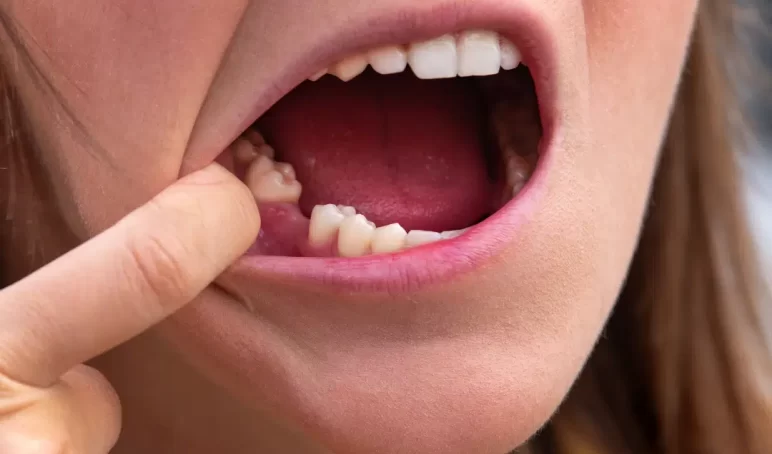In the realm of dental health, there are certain decisions that may seem daunting at first. One such decision revolves around whether to opt for a root canal or a tooth extraction. Both procedures are common and are often recommended by dentists to address specific dental concerns. However, making the right choice depends on various factors, including the condition of the tooth, patient's overall health, and long-term dental goals. If you're considering either of these procedures at a dental clinic in Preston, this guide is here to help. By understanding the benefits and drawbacks of both root canals and tooth extractions, you can make an informed decision best suited for your dental health.
Root Canal: The Basics
A root canal is a dental procedure that aims to save a damaged or infected tooth. Instead of removing the tooth, the dentist cleans out the decayed or infected pulp from the tooth's centre, disinfects the area, and then seals it.
Benefits of a Root Canal
Tooth Preservation
The primary advantage of a root canal is that it allows you to keep your natural tooth. For many, this is preferable both aesthetically and functionally.
Less Discomfort in the Long Run
Contrary to popular belief, modern root canals are relatively painless. Plus, preserving your natural tooth structure can mean fewer dental complications down the road.
Cost-Effective
While the upfront cost might be higher than extraction, considering potential costs of tooth replacement, a root canal might prove more economical.
Drawbacks
Potential for Re-infection
Although rare, there's a slight chance that the tooth could get re-infected if not sealed properly.
Weakened Tooth
Over time, a tooth that has undergone a root canal may become brittle and more prone to fractures.
Tooth Extraction: An Overview
Tooth extraction is the complete removal of a tooth from its socket in the bone. It’s a direct solution to a tooth that's beyond repair.
Benefits of Tooth Extraction
Direct Solution
For teeth that are severely damaged, extraction can quickly resolve pain and prevent the spread of infection.
Cost
Initially, tooth extractions are often less expensive than root canals.
Low Maintenance
Once a tooth is removed, there's no chance of that specific tooth causing any more trouble.
Drawbacks
Gap in the Dental Line
An extracted tooth leaves a gap which might cause teeth to shift, affecting your bite.
Replacement Costs
If you choose to replace the extracted tooth with a dental implant or bridge, the costs can mount.
Longer Healing Time
Recovery from an extraction, especially if surgical, can be longer than that from a root canal.
Making the Right Decision
If you're debating between a root canal and tooth extraction, consider the following:
Consultation
Always start by consulting with your trusted dentist in Preston, at Bright Smile Dental Clinic. They can provide an in-depth analysis of your dental health and offer recommendations.
Consider Long-term Impact
Think about the long-term implications of each procedure. While extractions might be cheaper initially, the cumulative cost and impact of a missing tooth might lean in favour of a root canal.
General Health
Your overall health can be a determinant. For instance, certain conditions might make one vulnerable to infections, which could affect the decision.
Conclusion
Whether it's a root canal or tooth extraction, the main goal is to ensure the health and well-being of the patient. Both procedures have their merits, and the choice largely depends on individual circumstances. If faced with this decision, the key is to be informed and to consult with professionals. Remember, dental clinics in Preston, such as Bright Smile dental Clinic, prioritise patient care and can offer expert advice tailored to your needs.
By understanding your options and collaborating with a skilled dentist in Preston, you can confidently make the right choice for your oral health.











